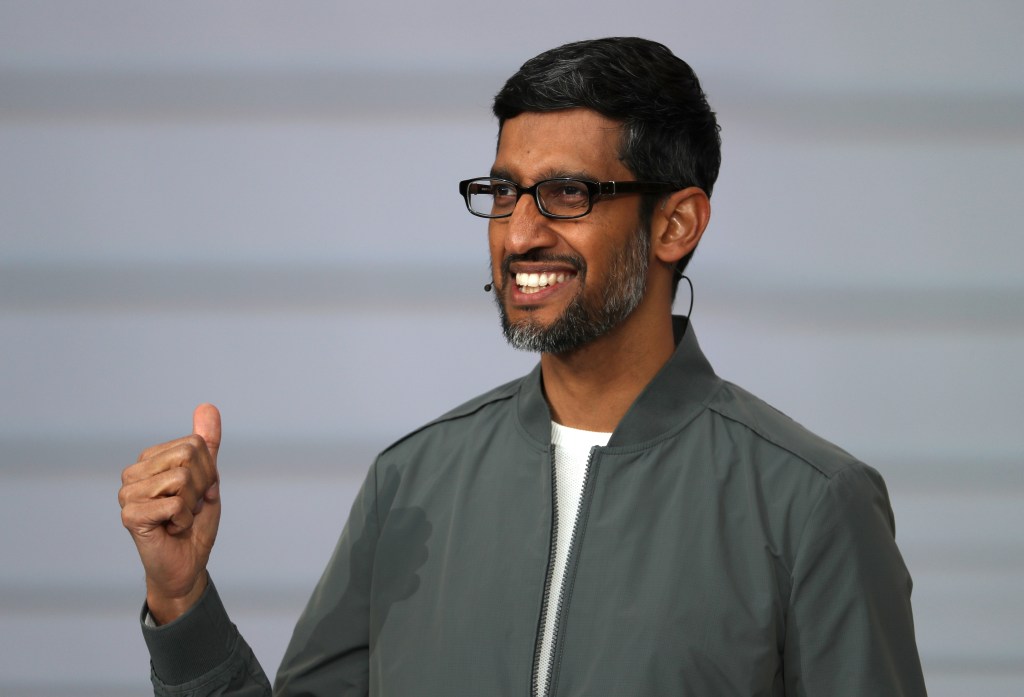Windsurf Leadership Joins Google as OpenAI Acquisition Collapses: What It Means for Startups

Image Credits: Justin Sullivan / Getty Images
In a dramatic turn for the AI industry, Windsurf, the fast-growing AI coding startup, has seen its CEO Varun Mohan and several top leaders hired by Google DeepMind—just as OpenAI’s anticipated $3 billion acquisition of the company fell through. According to recent reports from The Verge and Fortune, instead of a headline-making sale, Windsurf’s leadership has shifted to a strategic move that highlights the ongoing talent wars among tech giants.
Leadership Shifts and the Reverse-Acquihire Trend
Google DeepMind has onboarded Windsurf CEO Varun Mohan, co-founder Douglas Chen, and other key researchers. This move is not a traditional acquisition: Google does not gain equity or direct control over Windsurf. Instead, the company receives a nonexclusive license to parts of Windsurf's technology, allowing Windsurf to continue operating independently and licensing their tech broadly—even to Google's competitors.
Google’s spokesperson, Chris Pappas, stated, “We’re excited to welcome some top AI coding talent from Windsurf’s team to Google DeepMind to advance our work in agentic coding.” Similarly, Mohan and Chen expressed their excitement to join Google DeepMind and confidence in Windsurf’s ongoing mission under its remaining team.
What Happened to the OpenAI Deal?
OpenAI’s deal for Windsurf—a highly anticipated acquisition—reportedly became a major source of tension within OpenAI’s own leadership and with key partner Microsoft. While Microsoft has access to OpenAI’s core intellectual property, OpenAI was reluctant for its largest backer to also gain Windsurf’s lucrative and innovative AI coding technology. With the exclusivity period over, Windsurf was free to pursue other offers—and Google acted quickly.
The Future of Windsurf
With leadership departed, Windsurf’s interim CEO is now Jeff Wang, formerly head of business. Despite losing some of their top talent, most of Windsurf’s 250-person team remains. The company plans to continue serving enterprise customers with its popular AI coding tools, maintaining momentum in a competitive market.
The Battle for AI Talent and Ecosystem Impact
This move is part of a broader pattern where leading tech companies pursue top startup talent and technology via reverse-acquihires—hiring people and licensing IP instead of full buyouts. Past examples include similar moves for Character.AI and Inflection founders by Google and Microsoft, respectively. These maneuvers help Big Tech stay ahead in AI innovation while sidestepping regulatory scrutiny often triggered by acquisitions.
Deep Founder Analysis
Why it matters
The Windsurf-Google hiring twist illustrates the escalating competition for elite AI talent and intellectual property, signaling a shift in how innovation is acquired and retained in the tech sector. Rather than traditional mergers and acquisitions, top companies are using creative structures—like reverse-acquihires—to secure key strategic assets and expertise. For founders, this means more ways to create value outside simple exit sales.
Risks & opportunities
For startups, these moves highlight new growth and risk dynamics. While reverse-acquihires can bring capital and partnerships without losing company independence, they also leave the parent startup at risk of losing momentum as key visionaries depart (as seen with Scale AI and Inflection after leadership transitions). The opportunity lies in startups leveraging such deals to secure rapid scaling resources and market reach, but founders must plan for organizational resilience—preparing successors and distributed expertise.
Startup idea or application
Inspired by this trend, a promising startup concept would be a specialized platform for AI talent transition. This would enable startups and corporates to structure reverse-acquihire, licensing, or split-team deals transparently—ensuring knowledge continuity, fair compensation, and growth for both technical founders and the remaining teams. Such a platform could standardize contracts, incentives, and smooth leadership handovers for all parties.
Market Acceleration and Competitive Forces
In recent months, AI coding solutions have become a major battleground, with startups like Windsurf attracting suitors such as OpenAI and Google. Windsurf’s revenue had recently surged to nearly $100 million ARR, making it a highly prized asset. Meanwhile, incumbents like Anthropic with Claude Code and OpenAI's Codex have heightened competition for enterprise developer tools.
Windsurf’s unique position—continuing as an independent player without its founding leaders—will be closely watched. History suggests that companies rapidly lose market momentum after their strategic founders depart. Whether Windsurf can buck this trend remains to be seen.
More on AI Industry Shifts
For further insights on how similar strategic changes are impacting the broader tech landscape, see How Startups Are Changing the Late-Stage Funding Game: Insights from TechCrunch Disrupt 2025 and Meta Hires Apple’s AI Model Chief: What This Means for the Future of On-Device AI.
AI Google DeepMind OpenAI Startups Talent Acquisition
Visit Deep Founder to learn how to start your own startup, validate your idea, and build it from scratch.
📚 Read more articles in our Deep Founder blog.

Comments ()